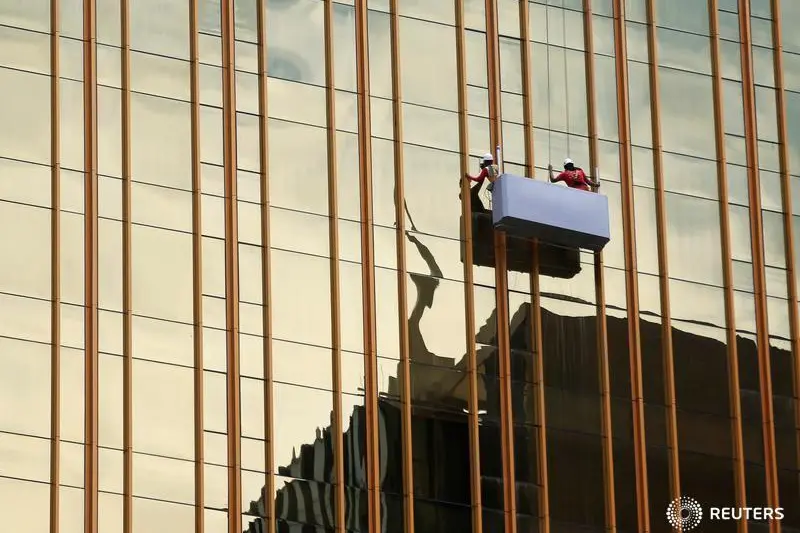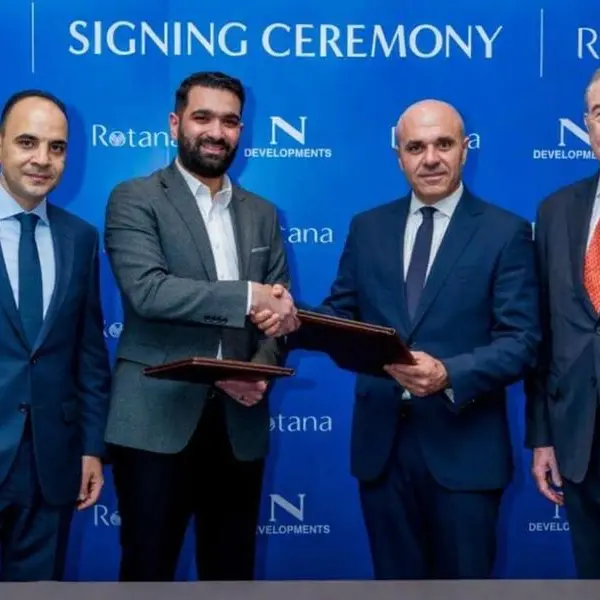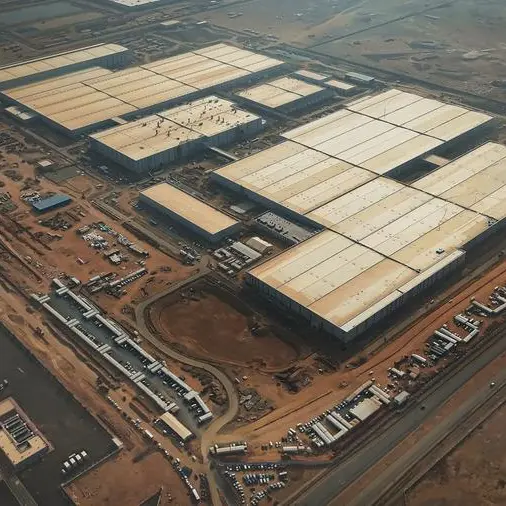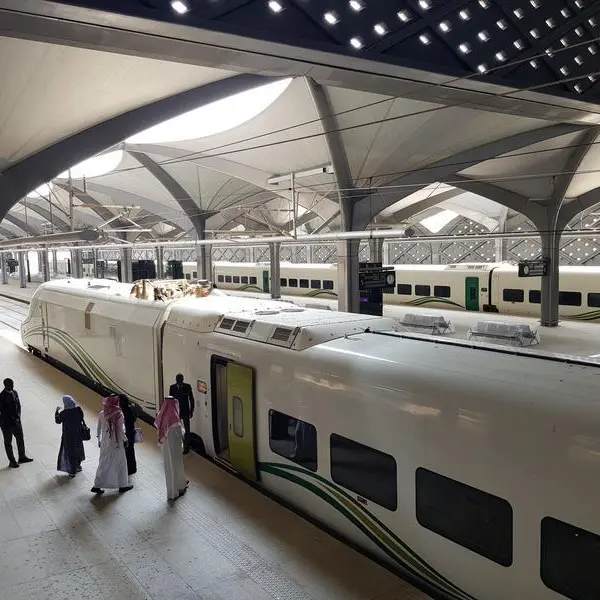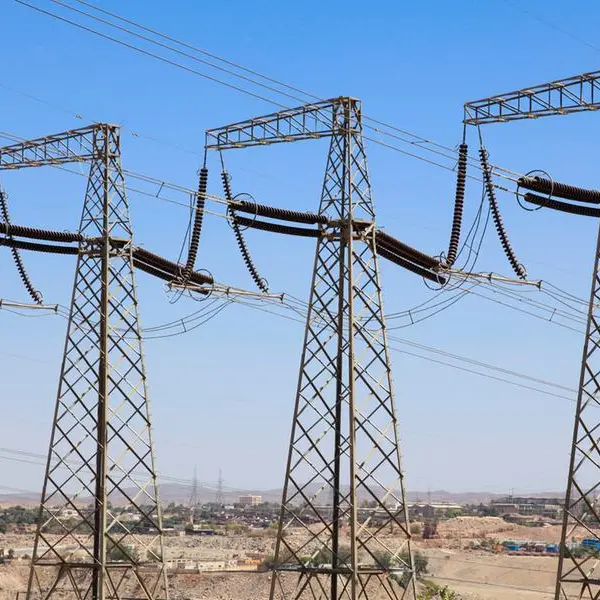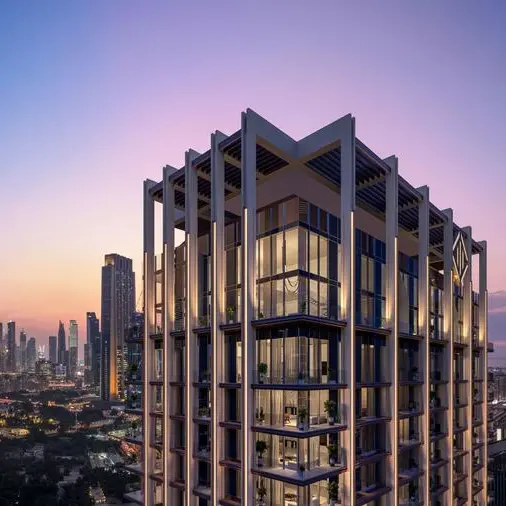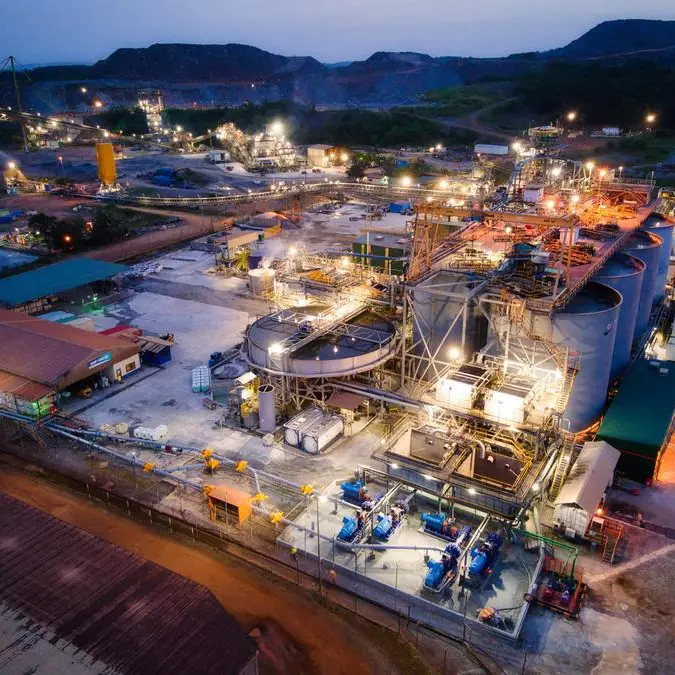PHOTO
Facilities managers in the Middle East foresee a change in facilities management (FM) operations pertaining to the health and safety of building occupants during and after the Covid-19 era.
The World Health Organization (WHO) recently acknowledged that there is "emerging evidence" of the airborne spread of coronavirus. This has in turn brought about a renewed focus on the well-being of occupants in a built environment, according to Middle East experts.
"We have already seen facilities management service providers and their clients placing a greater emphasis on the health, safety and wellness of tenants and residents. FM providers are also facing the additional challenge of ensuring protection of their frontline employees and maintain operations while navigating new government guidelines, restrictions and regulations," said Stuart Harrison, CEO at Dubai-based FM firm Emrill.
During the initial days of the Covid-19 outbreak, FM's pandemic response was about transferring staff away from their workplace, reducing building occupancy, and even closing down the building where possible, said Sara Momtaz, an FM industry expert, consultant & advisor, and a member of the UK-based Institute of Workplace and Facilities Management (IWFM), UAE Chapter.
"The focus now across the world is to reopen economies, and with that it's up to us FM professionals once again to enable organisations to move safely back into the workplace," she said.
Air-conditioning
The other focus is on air-conditioning units that do not have a dedicated source of outside air supply and could be responsible for recirculating and spreading pathogens.
As per WHO's scientific brief on July 9, 2020, "WHO, together with the scientific community, has been actively discussing and evaluating whether SARS-CoV-2 may also spread through aerosols in the absence of aerosol generating procedures, particularly in indoor settings with poor ventilation".
Hassan Younes, an American Society of Heating, Refrigerating and Air-Conditioning Engineers (ASHRAE) member, and technical director and partner at Dubai-based Griffin Consultants, had suggested taking precautions to reduce airborne transmission.
"My opinion was based on ASHRAE guidance that considered SARS-CoV-2 likely to be airborne. The main recommendations from ASHRAE are to focus on increasing ventilation that would lead to diluting the viral load and filtration which would lead to capturing particles the virus is attached to. In general, FM managers need to make sure that the ventilation systems are running with no obstructions and ventilation air is reaching occupied spaces. It is also recommended to keep the ventilation systems running 24/7 or at least turn them on two hours prior to occupancy and keep them running two hours after occupants leave the building," he said.
In terms of filtration,Younes said, it is recommended to have MERV 13 (Minimum Efficiency Reporting Value) or better rated filters on air handling units (AHUs). Ultraviolet germicidal irradiation (UVGI), a disinfection method that uses short-wavelength ultraviolet (ultraviolet C or UV-C) light, is also being considered to be applied to deactivate the virus.
Is opening a window while operating air-conditioners that do not have DOAS (dedicated outdoor air systems) and proper ventilation the best way to mitigate risk? Emrill's Harrison believes that more data is needed and the answer is not so simple. "It is oversimplification to ask people to simply open a window in order to mitigate the risk of becoming infected with Covid-19. As more data is proven and made available, and if that data suggests contaminated air from air-conditioning systems is a potential source of infection, we will see the FM sector adapt to ensure the risk of cross-contamination is minimized," he said.
New methodologies
In the short term, many providers in the FM sector have operated in a reactive mode, making changes to operating procedures as required. This included, for some companies, updating cleaning methodologies, increasing cleaning and sanitation regimes and sourcing new products approved for use in the prevention of cross-contamination and the spread of viruses, Harrison said.
"In the long term, FM service providers will become less reactive, instead developing more robust continuity plans that ensure the ongoing review and iterative improvement of policies and procedures better position them to continue operations through a crisis, even one as significant as a pandemic," he added.
The pandemic has affected every single industry sector, admitted Momtaz. "As such, I don't believe that once we get through Covid-19 and move forward, it will be 'going back to normal' but rather 'adjusting to a new normal'."
Momtaz said that as shaking hands is no longer considered a suitable greeting, the issue of ensuring highly touched surfaces remain clean and sanitized frequently will be at the forefront of service delivery. Technologies that promote 'touchless' automated capabilities across the various hard and soft service activities will be driving the way forward in FM.
"As businesses reopen in the region, there will be a shift within the built environment industry to focus on indoor air quality and this will become permanent. We have seen an increase in projects that require the upgrade of filtration, addition of UV and installation of portable filters. All these measures are used to reduce the possibility of airborne transmission," Younes said.
Innovation is key
Considering the diverse range of assets FM is responsible for, and especially with GCC's adverse weather conditions, innovations from enhancing HVAC (heating, ventilation, and air-conditioning) systems to implementing the highest grade filters will improve indoor air quality. "Most people don't associate the general cleanliness of a building to its air quality. However, in this part of the world where opening windows is not a common occurrence (as many buildings don't have windows) focusing on advanced cleaning methodologies such as Electrostatic Precipitation Cleaning that sprays an electrostatically charged mist onto surfaces and objects that adheres to those surfaces and objects could be common practice," Momtaz said.
"There are also some MEP (mechanical, electrical, plumbing) longer term options to improve air quality that are subjective and can vary in cost and approach, depending on both the existing systems in the building and any new systems being introduced. One example is UVGI (ultraviolet germicidal irradiation). The Ultraviolet-C (UVC) lighting methods integrate into mechanical systems to capture and eliminate viral particles. Another is PCO (photocatalytic oxidation) which reduces airborne virus, biologic and VOCs (volatile organic compounds) with every volumetric air change through the system. This can be implemented in any building type in almost any air handling system," she added.
Whether projects fall under the new construction or the retrofit category, the well-being of occupants, resiliency and energy efficiency will be looked at in future projects almost equally with maybe an extra focus on well-being, Younes said.
"Health and safety is always a top priority and till the pandemic subsides it is advisable to increase the ventilation through windows or any other means. Wherever we can use mechanical ventilation with heat recovery ventilation the impact of increase in energy would be minimal. However, care should be taken that any leakage happening in the heat recovery system, happens from the fresh air side to the exhaust side and not the other way around," he said.
The thought process, Younes said, is to focus on well-being, by using systems and control systems that have minimum impact on increase of energy.
Most new buildings in the region employ DOASs and this trend will continue to grow due to concern about viruses, indoor air quality and occupants' well-being. "Regulations are already in place when it comes to ventilation requirement for new construction, mostly older buildings need to be revisited and upgraded. Having no ventilation will lead to poor productivity of the occupants in addition to the potential of airborne viruses spread," Younes said.
Follow regulations
The current regulations and guidelines in place address the risks of airborne contaminants and potential health issues, Harrison agreed. "In order to provide HVAC solutions, FM service providers in the region are bound by these regulations and must have relevant approvals from the authorities."
On an individual level, Momtaz said that there will be public's willingness to accept and adhere to the habitual hygiene and cultural change.
"Something as simple as not pressing buttons with your finger, but using a pen instead can be hard practice to remember! All the technologies and methodologies in delivering enhanced and post Covid-19 services can only be successful if we have the buy-in and cooperation from the community," she said.
Cleaning and soft FM services offer the first line of defence against sick buildings, preventing the spread of viral infections, Harrison said.
"Some of the main culprits of sick building syndrome are poor ventilation, high levels of dust, chemicals in the air from ongoing works, cleaning products and pesticides, the presence of mould or fungus, and inadequate climate control. Any one of these elements can have a negative impact on building occupants, which has been amplified as a result of the pandemic.
"Therefore, it is critical FM providers who manage and maintain building assets create true partnerships and collaborate with clients, offering them unbiased and informed recommendations to ensure health and safety standards are at the forefront of everything they do. By creating and implementing robust guidelines and methodologies, FM providers can ensure the health of buildings and, as a result, prevent the further spread of seasonal and novel viruses," Harrison said.
(Reporting by Rajiv P; Editing by Anoop Menon and Bhaskar Raj)
(anoop.menon@refinitiv.com)
#MiddleEast #Facilitiesmanagement(FM) #Coronavirus #Realestate #Construction #Health
Disclaimer: This article is provided for informational purposes only. The content does not provide tax, legal or investment advice or opinion regarding the suitability, value or profitability of any particular security, portfolio or investment strategy. Read our full disclaimer policy here.
© ZAWYA 2020
